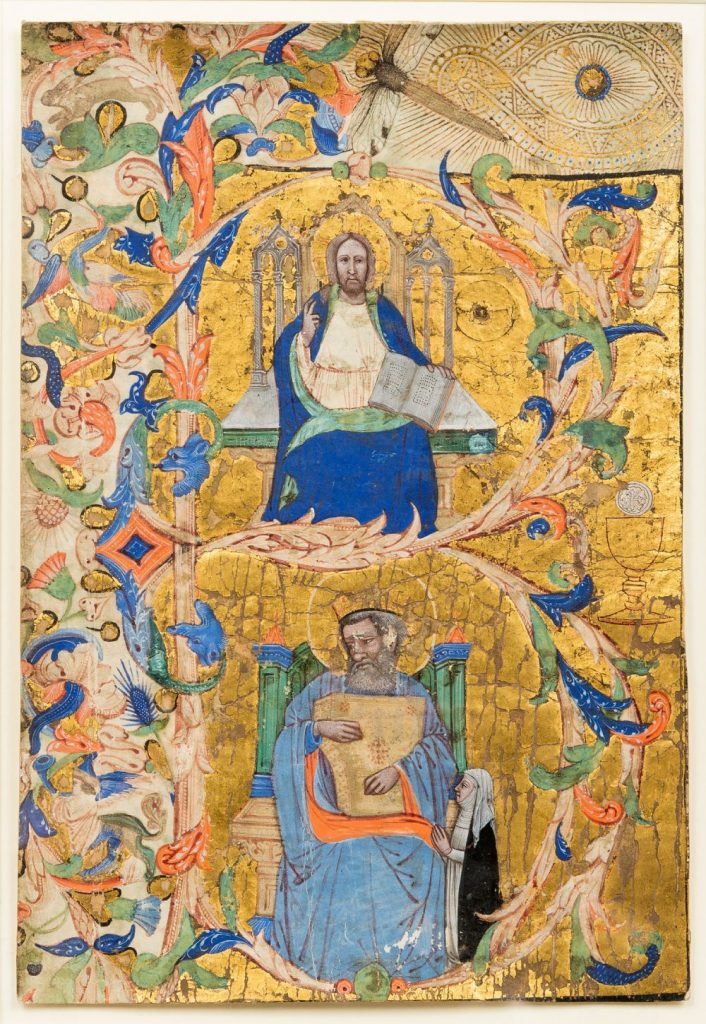Ninth in a series on the Book of Psalms.
A covenant, in ancient cultures, was a solemn agreement that created a family relation. Marriage was a covenant, as was the adoption of a child.
When a family welcomed a new member, both parties would seal the covenant by swearing a sacred oath, sharing a common meal, and offering a sacrifice. The covenant brought with it certain blessings if the parties were faithful, and curses if they were not.
Nations used the legal form of a covenant when signing treaties. God used the form whenever he took a people as his own, as in his dealings with Adam, Noah, Abraham, Moses, and David. Consider the following passage from Yahweh’s covenant with Moses and the Israelites:
“If you obey the commandments of the Lord your God which I command you this day, by loving the Lord your God ... then you shall live and multiply, and the Lord your God will bless you in the land which you are entering to take possession of it. But if your heart turns away, and you will not hear, but are drawn away to worship other gods and serve them, I declare to you this day, that you shall perish; you shall not live long in the land. … I have set before you life and death, blessing and curse; therefore, choose life, that you and your descendants may live” (Deuteronomy 30:16–19).
The terms of the relationship are clear; the consequences are clear. God’s covenant with David would include similar terms.
In one sense, the “Psalter” tells the story of every covenant God has made with man. Its unique contribution is that it tells this story from the human perspective. We can read all the books of the Law and prophets as God’s terms for his covenant, but only the Psalms we can read as the human response.
In another sense, the “Psalter” tells the story of the House of David in relation to the covenant. In still another sense, it tells the story of Jesus Christ, who came to establish a New Covenant in his blood (see Luke 22:20). Yet the “Psalter” also tells the story of you and me, and of what happens if we are faithful to the covenant God has made with us, and what happens if we’re not.
For the “Psalter” begins with a covenant blessing — “Blessed is the man” — and proceeds to enumerate the conditions of blessing. As the Book of Leviticus outlines the religious and moral (liturgical and legal) program for the Mosaic covenant, the “Psalter” outlines the religious and moral program for the Davidic covenant, which included not only Israel but all the nations. “Clap your hands, all peoples! … For the Lord, the Most High, is a great king over all the earth” (Psalm 47:1-2).
The “Psalter” is a Davidic hymnal teaching all the nations how to address the God of Israel, how to know him as a father, and how to discern his judgments in human life and human history.

